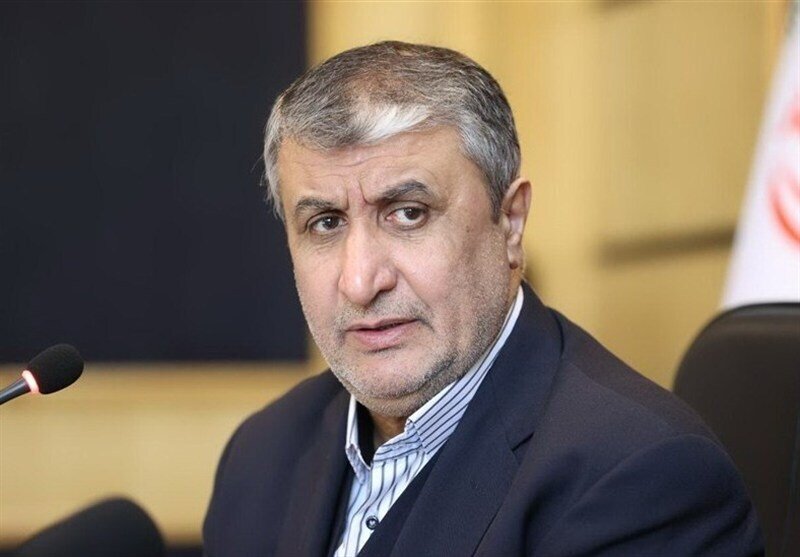IAEA silence showed alignment with Israel in striking Tehran: Iran nuclear chief

TEHRAN – Iran’s nuclear chief has strongly criticized the International Atomic Energy Agency (IAEA) for failing to condemn June Israeli strikes on the country’s nuclear facilities, warning that such silence effectively aligns the agency with the attacks and undermines trust.
Mohammad Eslami, Vice President of Iran and head of the Atomic Energy Organization of Iran (AEOI), made the remarks on the sidelines of World Nuclear Week in Moscow. He said the IAEA’s inaction following the strikes was unacceptable and raised serious questions about the body’s impartiality.
“The IAEA’s refusal to condemn the Israeli regime’s attacks on Iran’s nuclear facilities means it was coordinated with the military strike — that it is part of the military attack,” Eslami told reporters, in comments carried by Iranian media.
He explained that Iran’s parliament has enacted a clear law requiring national institutions to act when IAEA-registered and safeguarded sites are attacked. “When our facilities under IAEA supervision are hit and neither the Agency, the UN Security Council, nor the Board of Governors condemns it, what does that mean? It means they are complicit,” he said.
Eslami argued that Iran cannot place trust in international institutions that fail to respond to acts of aggression. “This is directly tied to our national security. The IAEA was legally obliged to condemn these attacks. We informed the Agency in writing, reported under the safeguards system, and expected action under its own Statute. Failure to condemn is itself a cause of mistrust,” he said.
On the future of Iran’s cooperation with the IAEA, the AEOI chief was clear: “Our law is explicit, and until its conditions are met, cooperation will not resume. The Foreign Ministry has also set conditions. Any dialogue and agreement reached with the Agency must be pursued on the basis of those conditions.”
Turning to ongoing negotiations more broadly, Eslami stressed that Iran views talks as genuine dialogue, not predetermined outcomes. “Negotiation means discussion and agreement. If you declare the result in advance, that is not negotiation. Real talks must have an agenda and produce balanced, fair, and appropriate decisions,” he said.
“This is the policy of the Islamic Republic of Iran,” Eslami added. “Anyone who speaks of negotiations must demonstrate the will and readiness to act accordingly.”
On June 13, Israel launched a blatant and unprovoked act of aggression against Iran, sparking a 12-day war that left at least 1,064 Iranians dead, including senior military commanders, nuclear scientists, and civilians.
The conflict escalated further when the United States intervened by bombing three Iranian nuclear facilities—a move condemned by Tehran as a grave violation of international law.
Iran responded forcefully. Its Armed Forces launched strikes on strategic Israeli sites across the occupied territories and also targeted the al-Udeid air base in Qatar, the largest U.S. military installation in West Asia. By June 24, Iranian counter-operations succeeded in halting the joint Israeli-American assault.